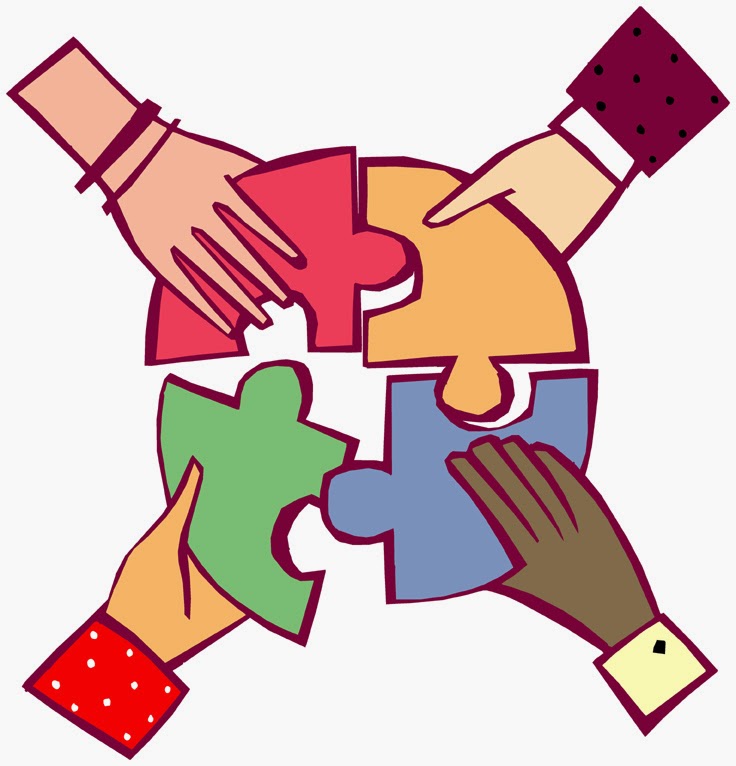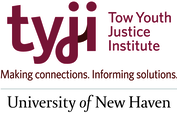Restorative practices are a set of principles and techniques that foster the resolution of conflicts and tensions by emphasizing the repair of relationships and the rebuilding of communities over punitive responses. This approach is grounded in principles of empathy, respect, honesty, acceptance, responsibility, and mutual dialogue. Restorative practices encourage individuals to come together to discuss harms, understand the impact of their behavior, and collectively decide on ways to repair damage and move forward. By focusing on healing and collaboration, these practices help create environments where positive relationships can flourish and communities can thrive.

Mediation and Conflict Resolution Programs
These programs involve a neutral third party (mediator) facilitating communication between conflicting parties to help them reach a mutually agreeable resolution. It emphasizes open dialogue, understanding, and finding common ground.

Organizational/Community Agreements, Culture, and Climate
Establishing agreements within organizations or communities helps set behavioral expectations, fostering a positive culture and climate. This includes defining values, norms, and guidelines for interaction.

Family, Group, Individual Conferencing
Restorative conferences bring together those affected by a conflict or harm, allowing them to discuss the impact, share perspectives, and collectively devise resolutions. This can occur on an individual, group, or family level.

Community Healing
/ Celebration Circles
These circles focus on healing and celebrating positive aspects within a community. They provide a space for community members to share, connect, and strengthen relationships.


Implementation Team Setup and Sustainability
Establishing an implementation team is crucial for the successful integration and sustainability of restorative practices. This team is responsible for planning, training, and ensuring the ongoing application of restorative approaches within an organization or community.

Listening Circles
Listening circles create a structured environment for individuals to express themselves openly and be heard by others. It promotes active listening, empathy, and understanding within a group setting.

Victim Impact Panels
Victim Impact Panels typically involve individuals who have experienced harm sharing their experiences with those who have caused harm. It aims to create empathy and understanding on the part of the offenders.

Diversion Programs
In the context of criminal justice or juvenile justice systems, diversion programs redirect individuals away from traditional legal proceedings. Instead, they focus on rehabilitation, community service, or education to address the root causes of their behavior.

